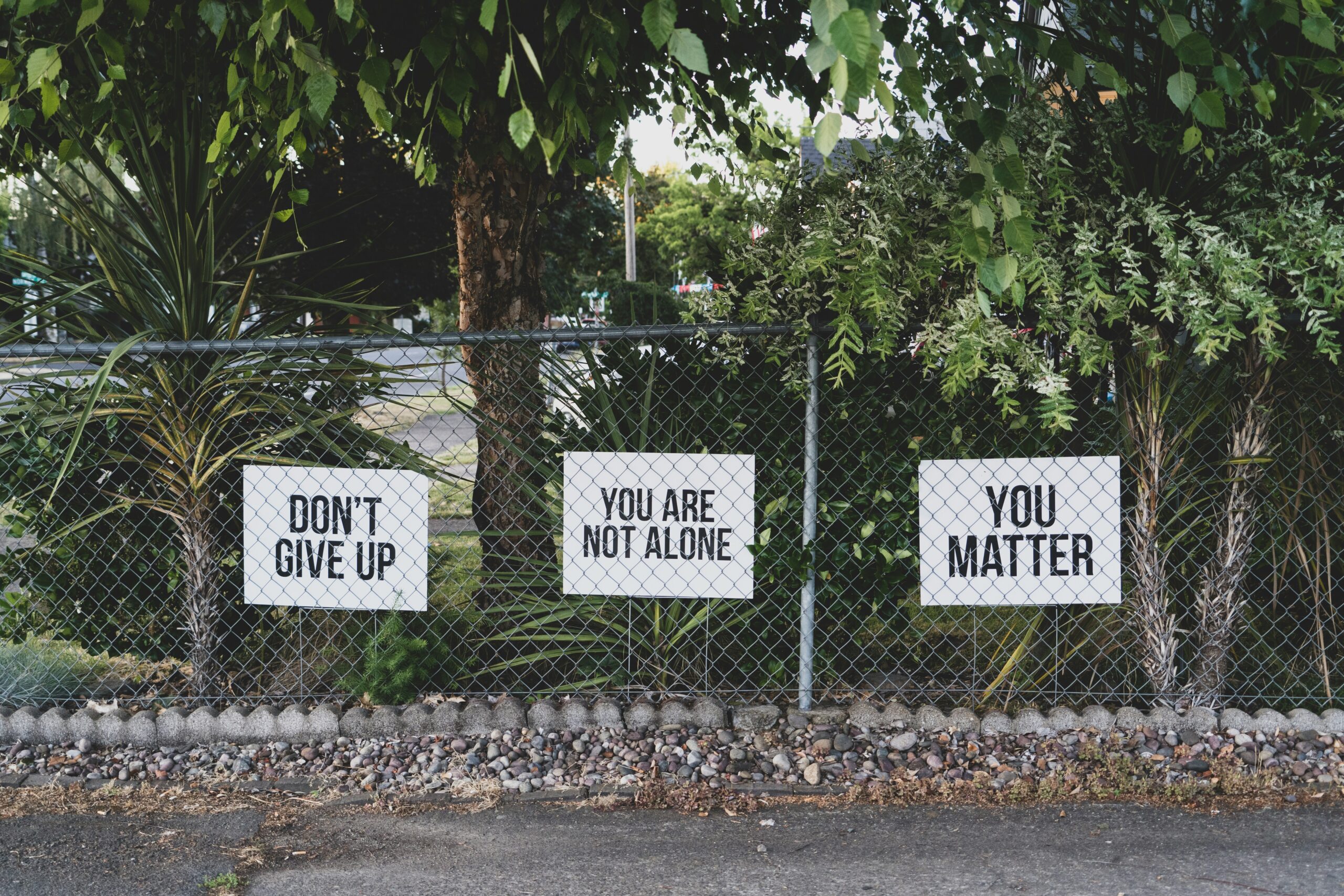You may dismiss the possibility of psychotherapy or other mental health treatment due to the stigmas that exist around mental illness. A stigma occurs when someone develops a negative stereotype about something or views someone in a negative way based on that belief. Sadly, it’s common for people with mental illness to face stigmas associated with their condition and/or treatment.
In today’s blog post, let’s discuss the damaging impact of mental health stigmas as well as three steps to help you overcome them.
Research suggests that mental health issues are more likely to be stigmatized than physical health conditions.1 Common stigmas associated with mental illness, psychotherapy, and other forms of mental health treatment include the beliefs that diagnosed individuals are:
- Dangerous and unpredictable
- At fault for their condition
- Weak or lack self-control
- Practicing attention-seeking behaviors
- Choosing not to get better on their own
Unfortunately, there are many harmful effects of mental health stigmas. If you are struggling, you may face discrimination because of your mental health condition — something that is completely out of their control. It could be direct, like someone commenting about your disorder or treatment, or indirect, like someone choosing not to spend time with you because of your condition. Other harmful effects of the stigmas associated with mental illness and psychotherapy may include:
- Lack of understanding from your support system, including family, friends, and co-workers
- Refusal to seek or delay in seeking professional help
- Social isolation
- Harassment, bullying, or physical harm
- Fewer options for work, school, or social activities
- Health insurance that doesn’t cover the treatment plan that best fits your needs
- Low self-esteem, including the belief that you’ll never succeed or improve your circumstances
With these thoughts in mind, I want to share three steps to help you cope with mental health stigma.
1. Avoid isolation.
You may be tempted to keep your condition and need for help to yourself, thinking of it as a personal weakness or even your own fault. After all, mental health stigmas don’t just come from others! Instead of letting self-doubt and shame take control, seek support from your community. Connecting with other individuals who have a mental illness can help build your self-esteem and self-worth. You never know who may show you understanding and compassion, changing your healing journey for the better.
2. Seek help!
It can be hard to admit that you need professional help for your mental illness. Don’t let your fear prevent you from taking this important step though. Treatment gives you more than the tools you need to fully participate in your life; it also helps you identify what’s wrong and reminds you that you are more than your condition.
If your child is struggling with mental illness and it’s impacting their ability to learn, you can ask for help through their school. Discrimination against students for mental health conditions is illegal, and school staff members are required to make adjustments for these students. Find out what resources or programs may be beneficial for your child. Remember: Teachers can’t help if they don’t know your kid is having trouble!
3. Join a support group.
Beyond your individual treatment plan, it may be beneficial to join a local or national support group. These groups aim to educate people about mental illness and reduce the stigmas associated with both diagnoses and treatment. You can even consider taking part in fundraisers, attending local events, or participating in online chat boards or webinars. Who knows, you may inspire others with your courage!
At the Center for Rising Minds, we’d love to help you and your family with your mental health care needs! Please reach out to us today to inquire about our services or join our waitlist.
References
1. Robinson, P., Turk, D., Jilka, S. et al. Measuring attitudes towards mental health using social media: investigating stigma and trivialisation. Soc Psychiatry Psychiatr Epidemiol 54, 51–58 (2019). https://doi.org/10.1007/s00127-018-1571-5
